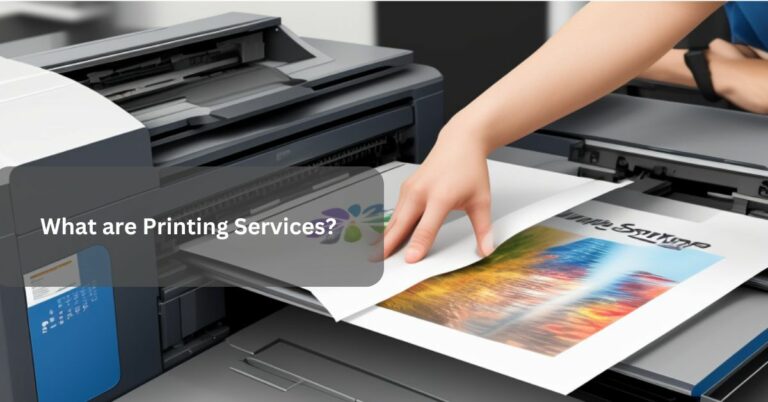The Independent Contractor’s Handbook on Tax Deductions for Travel Expenses
You are in charge of handling your own money as a freelancer, which includes paying self-employment taxes and optimizing your tax deductions. One area in which independent contractors frequently have difficulties is recognizing and utilizing tax benefits related to travel expenditures. We’ll look at ways in this article to help freelancers cut their tax burden and save on transportation expenses.
Knowing About 1099-MISC Forms and Self-Employment Taxes
Since freelancers are regarded as independent contractors, self-employment taxes must be paid on their earnings. This includes Medicare and Social Security taxes, which are often deducted by an employee’s employer from their compensation. These taxes are the responsibility of independent contractors and can be quite expensive.
Freelancers are required to file a 1099-MISC form with the IRS in order to disclose their income, in addition to paying self-employment taxes. Reporting earnings as a freelancer or independent contractor is done using this form. To make sure they are accurately reporting their income on their tax return, freelancers should maintain thorough records of their earnings and outlays throughout the year.
Optimizing Tax Benefits on Travel Expenses
Using tax credits for travel expenditures is one method independent contractors might reduce their tax burden. Certain costs, such mileage, petrol, parking, and tolls, can be written off by independent contractors who use their car for business-related travel. Freelancers need to maintain thorough records of their annual mileage and costs in order to be eligible for these deductions.
Freelancers are permitted by the IRS to deduct a standard mileage rate or the actual costs incurred when driving their car for business. In 2021, a mile will cost 56 cents on average. Independent contractors have the option to select the technique that yields the highest deduction amount.
Freelancers can also deduct costs for public transportation, including bus or train fees, in addition to expenses for their vehicles. Over the course of a year, these costs may mount up, therefore it’s critical for independent contractors to maintain track of their invoices and tickets.
Online Payment of Estimated Taxes
It is mandatory for freelancers to make anticipated tax payments throughout the year in order to prevent fines and interest on their taxes. Usually paid on a quarterly basis, estimated taxes are determined by the freelancer’s projected year revenue. Through the IRS website, freelancers can pay their anticipated taxes online with a credit card, debit card, or bank transfer.
Online estimated tax payments are safe, simple, and help freelancers remember to pay their taxes on time. Freelancers may guarantee they are in line with IRS requirements and save a big tax bill at the end of the year by making anticipated tax payments throughout the year.
Verdict
In conclusion, optimizing tax savings and submitting taxes provide particular difficulties for independent contractors. Freelancers may lower their tax burden and save money on taxes by being aware of self-employment taxes, maintaining proper records of their income and spending, and utilizing tax advantages for their travel expenses.
To make sure you are taking advantage of all the tax benefits and deductions available to you as a freelancer, make sure to speak with an accountant or tax specialist. You may save money and even save IRS fines by being proactive and knowledgeable about your tax obligations.





